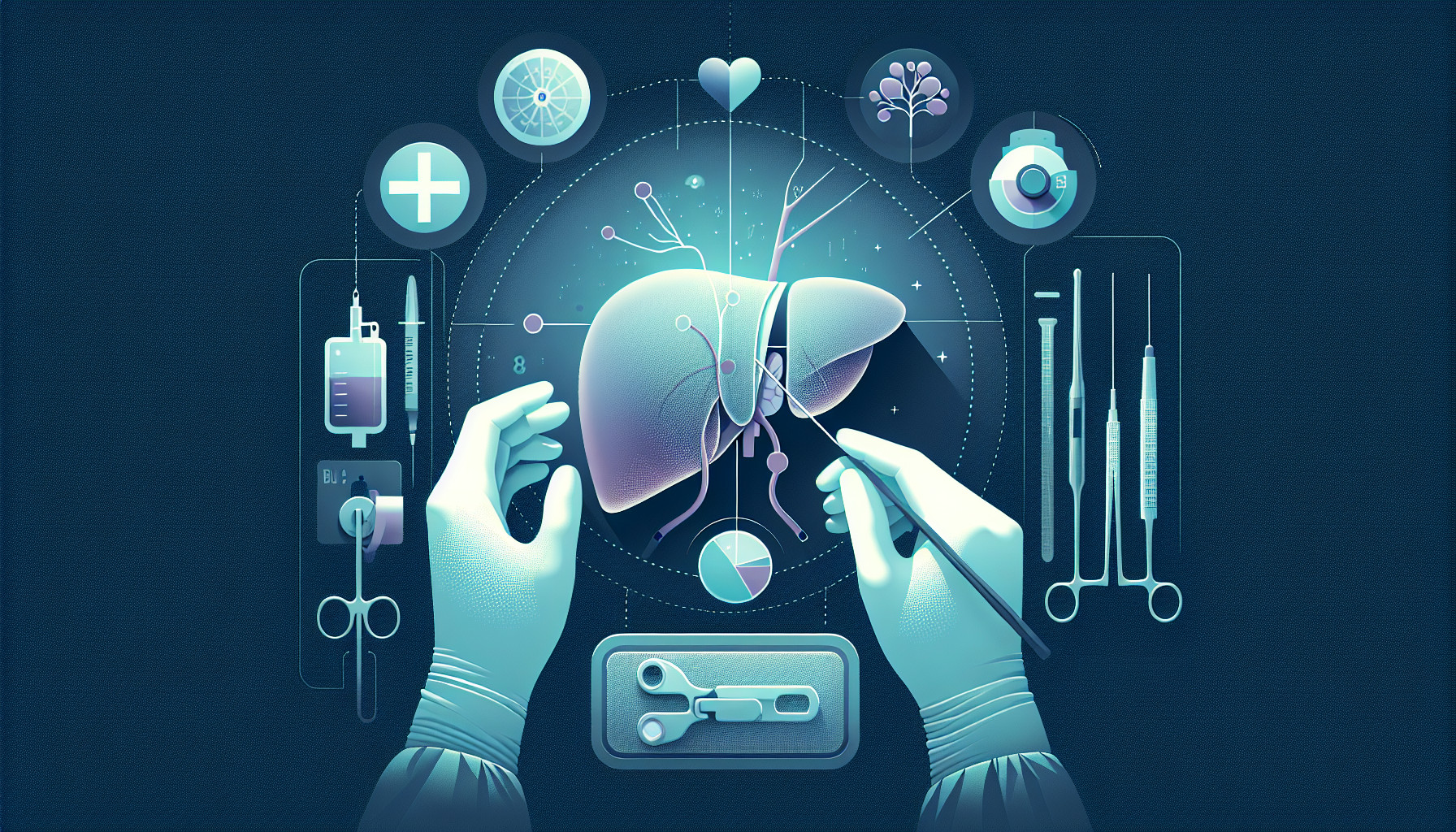Our Summary
This study looked at children who had undergone a liver transplant to see if they were gaining weight in a healthy way. Some children who have this surgery can still struggle with nutrition, becoming overweight or obese. The researchers used different tools to measure body composition - basically, how much of a child’s weight is muscle versus fat. They found that two of these methods gave similar results, suggesting that these could be useful ways to check if kids are staying healthy after a liver transplant. Unfortunately, they didn’t have enough data from ultrasound measurements to see if this was also a good way to measure body composition.
FAQs
- What was the main focus of the study on children who had undergone a liver transplant?
- What tools did the researchers use to measure body composition in children after a liver transplant?
- Why couldn’t the researchers determine if ultrasound measurements were a good way to measure body composition in the study?
Doctor’s Tip
The doctor might advise the patient to closely monitor their child’s weight and body composition following a liver transplant. They may recommend using tools such as measuring body composition to ensure the child is maintaining a healthy weight and muscle mass. It is important to work closely with a healthcare provider and nutritionist to ensure the child is receiving proper nutrition and staying healthy post-transplant. Regular follow-up appointments and monitoring will be crucial in ensuring the child’s overall well-being.
Suitable For
Pediatric liver transplants are typically recommended for children who have end-stage liver disease or acute liver failure that cannot be managed with other treatments. Some common reasons for pediatric liver transplants include:
Biliary atresia: A rare liver disease that affects infants and causes blockage of the bile ducts, leading to liver damage.
Alagille syndrome: A genetic disorder that affects the liver and other organs.
Acute liver failure: Sudden and severe liver damage that can be caused by infections, toxins, or other factors.
Metabolic disorders: Inherited disorders that affect the body’s ability to process nutrients, leading to liver damage.
Liver tumors: Rare tumors that affect the liver and require surgical removal.
Chronic liver disease: Long-term liver damage from conditions such as hepatitis, autoimmune disorders, or genetic disorders.
Overall, pediatric liver transplants are recommended for children who have severe liver disease that is not responding to other treatments and is affecting their quality of life and overall health.
Timeline
Before pediatric liver transplant:
- Diagnosis of liver disease
- Evaluation and assessment by a medical team
- Placement on the transplant waiting list
- Waiting for a suitable donor liver
- Pre-transplant medical appointments and tests
- Surgery to remove the diseased liver and replace it with a donor liver
After pediatric liver transplant:
- Recovery in the hospital
- Monitoring for signs of rejection or complications
- Adjustment to new medications to prevent rejection
- Regular follow-up appointments and monitoring of liver function
- Rehabilitation and physical therapy
- Nutritional counseling and monitoring for weight gain or loss
- Support for the child and their family in adjusting to life post-transplant.
What to Ask Your Doctor
- What are the potential risks and complications associated with pediatric liver transplant surgery?
- How long is the recovery process typically for a child undergoing a liver transplant?
- What type of follow-up care and monitoring will be required after the transplant?
- How can we ensure that the child maintains a healthy weight and nutrition post-transplant?
- Are there any specific dietary or lifestyle changes that need to be implemented after the surgery?
- What signs or symptoms should we watch for that may indicate a problem with the transplanted liver?
- Are there any restrictions on physical activity or sports following a liver transplant?
- How often will the child need to have medical check-ups and tests to monitor the success of the transplant?
- Are there any support groups or resources available for families of children undergoing a liver transplant?
- What are the long-term outcomes and prognosis for children who undergo a liver transplant at a young age?
Reference
Authors: Perteet-Jackson AD, Earthman CP, Price KL, Hanson A, Shyne MP, Larson-Nath CM. Journal: JPEN J Parenter Enteral Nutr. 2022 Jan;46(1):172-179. doi: 10.1002/jpen.2105. Epub 2021 Apr 26. PMID: 33686654
